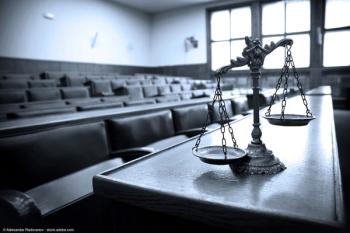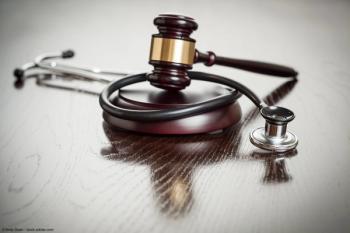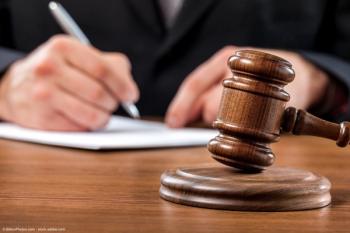
Good records can save you in a malpractice suit
Complete, clear documentation bolsters your credibility.
“If it was not charted, it did not happen” may be a cliché, but it sums up the importance of properly and thoroughly charting medical records. Records are vital for providing care; however, once attorneys are involved, medical records also become the basis—and one of the most critical aspects—of medical malpractice defense.
Why are medical records important in civil litigation?
Medical malpractice litigation is built around the patient’s medical records, which provide the only objective documentation of both the plaintiff’s condition and the care provided at a time when there was no conflict or other motivation to conceal or exaggerate the care provided. They also are critical in helping the provider recall events that occurred months or even years ago. Because it is the health care provider’s responsibility to document, medical records become extremely important in providing a defense.
As a result, judges and juries often consider medical records to be one of the most trustworthy and probative pieces of evidence in the case. Therefore, well-documented medical records provide the best defense for providers. The inverse is also true; poorly documented medical records may become strong evidence of an incompetent provider. Although poor records do not automatically show negligence, the patient’s attorney will use it to argue subpar care.
What if there is missing or incomplete information?
Go back to: “If it was not charted, it did not happen.” The patient’s attorney certainly will use this, or at least keep it in mind, when prosecuting the case. The patient’s attorney will attack the provider’s credibility by showing the incomplete records. During the provider’s deposition, the patient’s attorney may use skilled cross-examination to obtain the health care provider’s testimony of their recollection about the care provided. A few evidently unimportant details now become the focal point of the patient’s allegations and, therefore, the jury deliberations. The patient’s attorney will argue that if the physician or nurse had provided a specific treatment, then the patient’s injuries would not have happened. If the patient’s attorney can show that important information is missing from the records, then it is not a far leap for the jury to find that the missing information supports the patient’s claims.
This attack on credibility may occur even if the information is not necessarily missing. For example, many systems for electronic health records have prefilled data. Often, the provider entering the patient’s information will not update or change the prefilled data. It then becomes difficult to argue that certain assessments occurred because the same word-for-word language is used throughout the patient’s record. It should also be noted that when dealing with electronic health records, parties can hire an expert to conduct a metadata audit, which will provide a complete analysis of every keystroke, the timing of the entries, who made the entries, and how long the document was open for review and revision. If it is shown that the medical record was altered, it can expose the provider to punitive damages and a medical board investigation.
Neither patient nor physician wants or expects to get involved in civil litigation arising from the medical care provided. Unfortunately, it happens. When it does, the provider will be grateful that they took care to follow best practices in the record documentation by charting timely, thoroughly, and consistently.
Wager is an attorney in the Columbus, Ohio, office of Reminger Co, LPA. She specializes in malpractice defense and insurance litigation. Please contact her at awager@reminger.com with any feedback or comments on this column.
Newsletter
Stay current with the latest urology news and practice-changing insights — sign up now for the essential updates every urologist needs.






